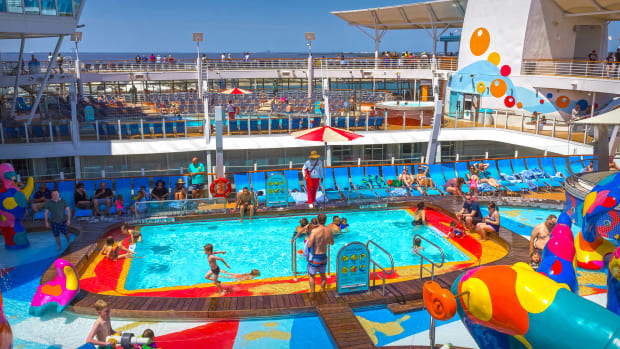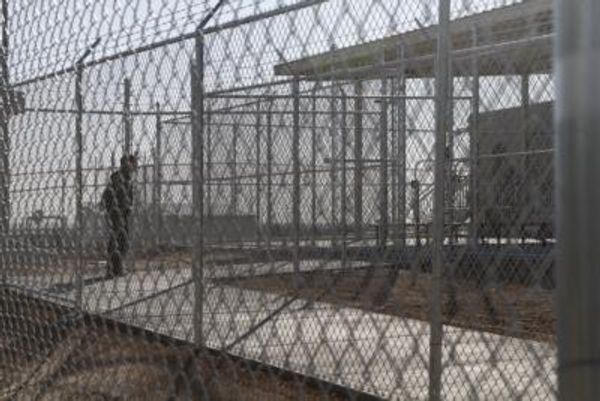It’s been an exciting, if sometimes frustrating, summer for the cruise industry and its fans.
We’re not quite at the point where the cruise industry, or the world as a whole, can say we’re fully past the covid era. In fact, covid has led to worker shortages this summer, which had resulted reductions in service for some sailings. Carnival had to have limited passenger capacity on several sailings on its U.K.-based Cunard Line, and it also canceled several sailings.
But while the cancellations and reduced capacity can be headaches, overall things have been looking up for the big three cruise players: Royal Caribbean International (RCL), Carnival Cruise Lines (CCL), and Norwegian Cruise Line (NCLH).
Because cruise lines nearly always flag their ships outside of the U.S. in order to work around American labor laws, the Centers for Disease Control (CDC) has more control over the cruise industry than it has over perhaps any other form of travel.
But once the CDC stopped tracking covid on cruise ships earlier this year, the industry began relaxing its pandemic-era protocols. Now, Royal Caribbean has followed Carnival and Norwegian in making a big change in its covid procedures.

Image source: Shutterstock
Royal Caribbean Updates Protocols
In an e-mail sent to customers booked on upcoming sailings, Royal Caribbean shared that it had updated its protocols for U.S. departures that are nine nights or less, with the exception of sailings to Bermuda and Canada.
While Royal Caribbean still officially encourages guests to get vaccinated, starting on Sept. 5, that will no longer be a strict requirement.
“While vaccination is not required, we kindly ask you disclose your status during check-in to ensure we maintain a highly vaccinated onboard population,” said the company.
Now, unvaccinated Royal Caribbean guests who are five or older must present a negative covid-19 test result taken within three days of sail date. “But Vaccinated guests, regardless of age, no longer need to test for sailing lengths of 9 nights or less.”
To make things easier on people who prefer to go this route, guests can use at-home antigen tests.
“Proof of a negative test can be the printed or digital results, a clear photo of your self-test result, or your actual self-test in hand.”
That's a change from at-home tests previously having to be proctored tests.
Though standards have been lowered for guests, Royal Caribbean, Carnival, and Norwegian still maintain strict rules for crew members, as all staff working onboard must be vaccinated, tested regularly, and masks remain a requirement in public areas.
Cruise Industry Is Trying to Strike a Balance
When the cruise industry started back up again last summer, the CDC labeled it a Level Four Risk activity, with limited capacity on ships, required masks, and mandated vaccinations for guests.
But the CDC eventually began downgrading the risk levels of cruising, eventually doing away with the risk levels entirely, and then stopped regulating or tracking covid on cruise ships. As we noted in July, however, the CDC actually did what Royal Caribbean, Carnival, and Norwegian had been asking for all along -- it let the cruise lines operate like any other travel-related business in the U.S.
All three of the companies made mask wearing optional for guests, and have been trying to find a way to balance the need to demonstrate their concern for guests’ safety and allowing as many people to sail as possible.
With the caveat that different ports and destinations have different rules, and Canada and Bermuda have very high standards, Carnival and Norwegian have also relaxed their standards this month. Here is where they currently stand:
- Carnival (as of Sept. 6): Vaccinated guests must still show their vaccine card, but they no longer have to provide a negative pre-cruise test. Unvaccinated passengers no longer need to apply for an exemption but must "present the results of a negative PCR or antigen test taken within three days of embarkation." Guests under the age of five years are exempt from vaccination and testing requirements.
- Norwegian (as of Sept. 2): Unvaccinated guests will be allowed to sail but will have to provide a negative test taken within 72 hours of their sailing. Guests 11 and under will not need to be vaccinated or tested. Vaccinated passengers will not need to be tested.







